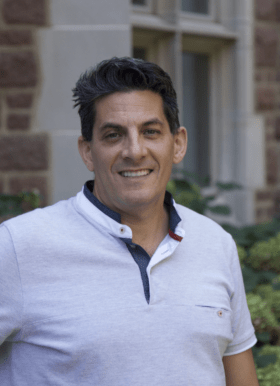
Todd S. Braver, PhD
Principal Investigator
- Email: tbraver@wustl.edu
Dr. Todd Braver studies the cognitive and neural mechanisms underlying memory, attention, and controlled processing. His research approach combines computational modeling (using connectionist framework), functional neuroimaging (using fMRI and PET methods), and behavioral studies (in normal and clinical populations, and under pharmacological challenge). Ongoing projects include testing model predictions regarding (1) how the prefrontal cortex represents and maintains information in working memory; and (2) how the dopamine neurotransmitter system regulates control over these processes.
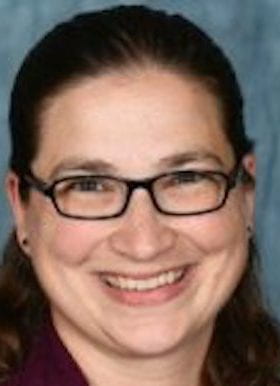
Jo Etzel
Staff Scientist
I am a Research Analyst working with Todd Braver and colleagues in the Department of Psychological & Brain Sciences. I completed a PhD in Bioinformatics and Computational Biology at Iowa State University under the supervision of Julie Dickerson and Ralph Adolphs, then worked as a postdoc under Christian Keysers at the Social Brain Lab, University Medical Center Groningen (The Netherlands). My research interests are focused on methodology, particularly multivariate analyses of fMRI data, but also nonparametric statistics and psychophysiological measures. I blog about fMRI analysis at MVPA Meanderings. Jo serves as the project manager for the DMCC project.
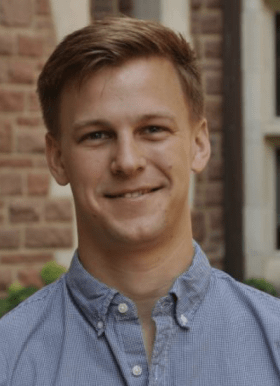
Michael Freund
Graduate Student
Michael is a graduate student with Dr. Braver. He received his B.A. in Psychology and Zoology from the University of Wisconsin–Madison, where he studied neural mechanisms of working memory and attention in Dr. Brad Postle’s lab. Michael then worked for three years in Dr. Nazbanou Nozari’s lab at Johns Hopkins, investigating cognitive mechanisms of control in language production. Broadly, he is interested in investigating goal and task rule coding in the prefrontal cortex.

Shelly Cooper
Graduate Student
Shelly is a graduate student with Dr. Todd Braver. She received her BA in Psychology from Boston University where she worked under Dr. Chantal Stern in exploring differences in functional neuroimaging between symptomatic and pre-symptomatic Alzheimer’s disease patients. She then spent 5 years as a clinical research associate for Dr. Geoffrey Manley and Dr. Pratik Mukherjee at the University of California, San Francisco where she coordinated multiple neuroimaging studies of traumatic brain injury (TBI). The severity of cognitive dysfunction Shelly saw in the mild TBI (aka “concussion”) population sparked her interest in cognitive control. Specifically, she wants to investigate temporal and spatial differences in proactive vs. reactive control and factors that dictate control strategy employment.
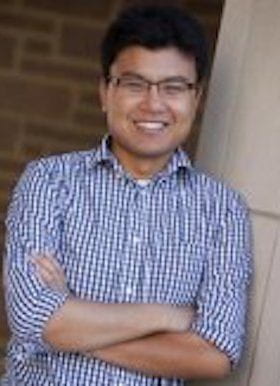
Shi Nung Ching
University Collaborator
Dr. Ching is the Das Family Career Development Distinguished Assistant Professor in the School of Engineering & Applied Sciences at Washington University. He serves as a collaborator on the DMCC project.
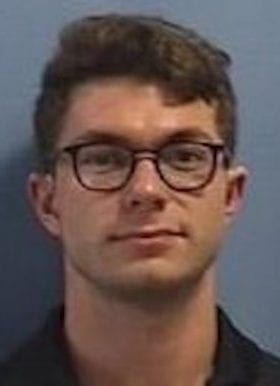
Alex Kizhner
Research Technician, II
- Email: akizhner@wustl.edu
Alexander Kizhner graduated from Washington University in St. Louis in 2017 with majors in Biology and Psychological & Brain Sciences, as well as a minor in Russian Language & Literature. He currently works as a Research Technician II in the Cognitive Control & Psychopathology Lab and focuses on the Dual Mechanisms of Cognitive Control project with Dr. Todd Braver. In the future, Alex plans to pursue a medical degree with a special interest in neurology. Alex coordinates and conducts MR scans and processes data for the DMCC project.
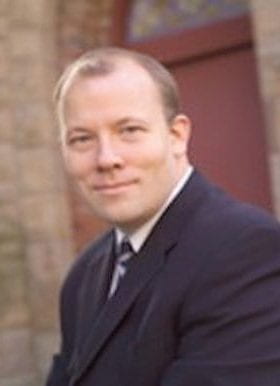
Eric Lenze
University Collaborator
Eric Lenze, MD, is a Professor of Psychiatry at Washington University Medical School. He is a collaborator on the DMCC project. He is the Director and the Principal Investigator of the Healthy Mind Lab.
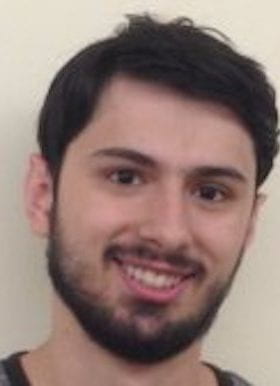
Matthew Singh, PhD
Postdoctoral Researcher
- Email: f.singh@wustl.edu
Matthew is currently a postdoctoral research associate working with Dr. Ching in the Electrical & Systems Engineering Department at Washington University. He was previously a Neuroscience graduate research fellow working with Todd Braver, ShiNung Ching, and Camillo Padoa-Schioppa. He received an honors’ concentration in Psychology from the University of Tennessee and minors in Neuroscience and Mathematics. Prior to graduate school he spent one year at Vanderbilt University developing mathematical models of dendritic function, reward learning, and psychopathology with David Zald. Matthew’s research focuses upon mathematical neuroscience including methods/theory and basic questions in cognitive neuroscience. He works on developing new methods in applied mathematics, modeling, and functional data analysis (fMRI, EEG, optical spectroscopy, & primate electrophysiology), in addition to studying basic science questions of higher cognition particularly regarding working memory and cognitive control.
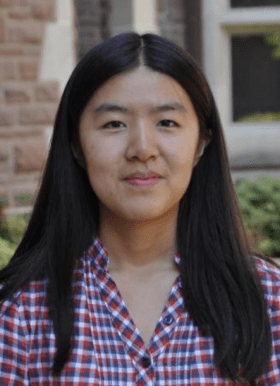
Catherine Tang, Ph.D.
Former Graduate Student
- Email: rongxiang@wustl.edu
Catherine was a graduate student working with Dr. Todd Braver. (Ph.D. 2021) She graduated from UT Austin with a B.S. in psychology. Her main research interests include using neuroimaging techniques to investigate the neural mechanism of different forms of training and intervention, and studying their effects on behavior, cognition and physiology in diverse population. Currently, her focus is on the neural correlates of mindfulness meditation and she hopes to incorporate genetics as part of her research to predict individual differences.
Catherine is now a postdoctoral researcher at the University of California, San Diego.
https://profiles.ucsd.edu/catherine.tang